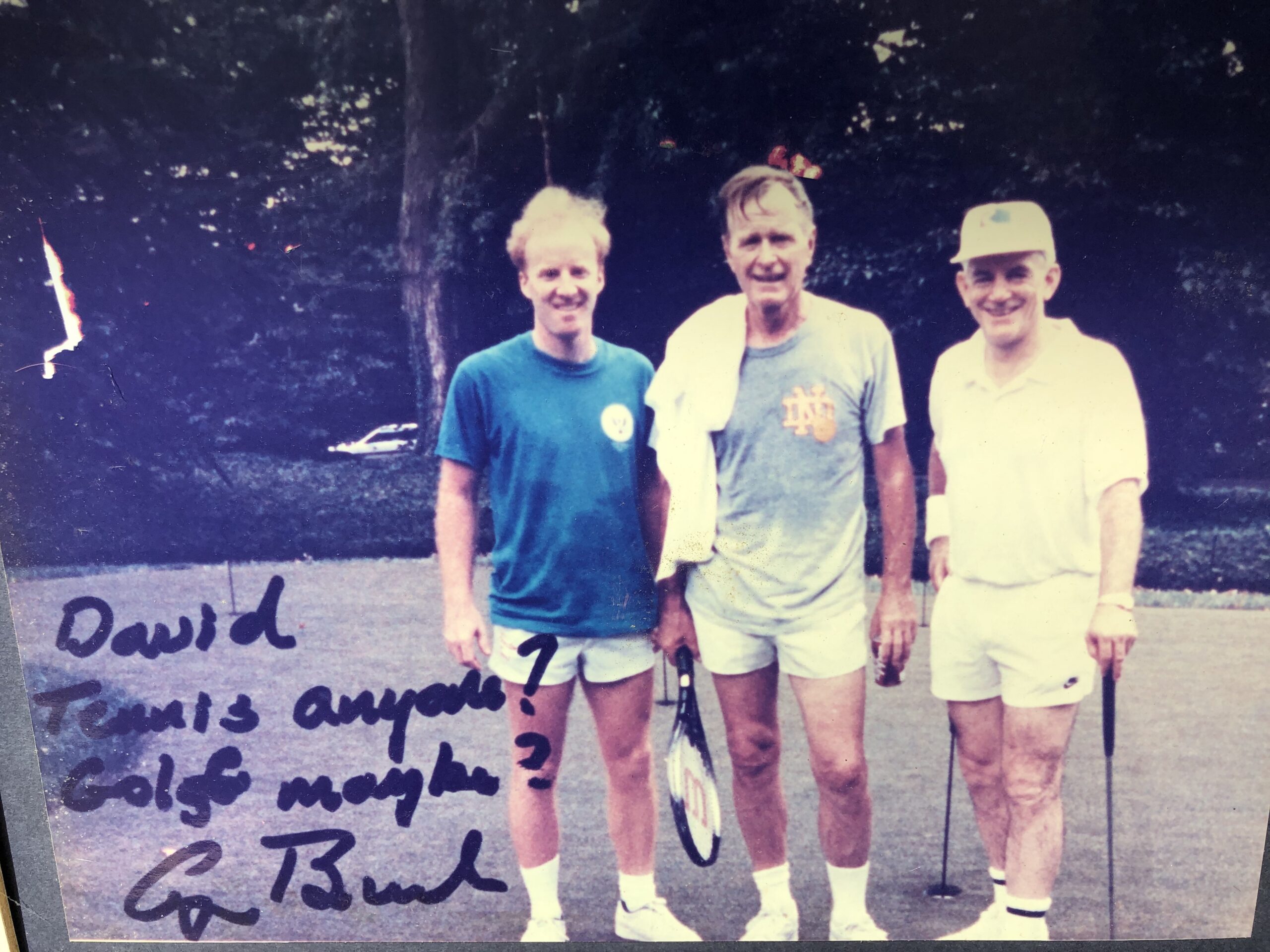Do Spiritual People Believe Thinking Is Bad?
In the past few years of writing about and teaching meditation, I get one question more than any other:
“Are you saying that thinking is bad?”
No. I’m not. Nor are Michael Singer, Eckhart Tolle or Thich Nhat Hanh.
How does this come up? Well, meditation is about quieting our minds by placing attention on something other than our thoughts. Breathing, sounds, bodily sensations. All in the service of redirecting attention away from our thinking minds.
The mind as kidnapper
That thinking that we’re trying to avoid, or at least observe when we meditate, is what I call unintentional thinking. It’s the kind of thinking involved when the egoic mind swoops in on our consciousness and kidnaps our attention. We, our conscious selves, didn’t decide that we wanted to start thinking those thoughts. In fact, we had zero say in the matter.
Consider. You’re talking on the phone while driving. Your spouse/significant other reminds you that you forgot to do something you said you’d do. You cop to it. And then you get, “Never mind, I’ll do it…As usual.” Then click. They hang up on you.
Your mind immediately steals your attention and gets you thinking thoughts of, “Man, I hate it when she hangs up on me…I mean, as if she never forgets to do something…I don’t need this crap…Not today…”
YOU don’t decide to think those thoughts
The ultimate question here is, did you say to yourself, “Alright, let’s think about what she just did. And let’s get pissed off about it and do a bunch of thinking about it. Okay, here we go…Man, I hate it when she hangs up on me…” Of course you didn’t.
These are all unintentional thoughts. They are ginned up by our egos, which feast on drama and conflict. It’s their lifeblood.
The other kind of thinking is intentional. That’s the kind of thinking I’m doing right now in writing this piece. It’s using our brains to help us in our lives — trying to figure out what’s got our kid upset, preparing a presentation for work or simply generating a to-do list in the morning. Intentional thinking is great. It’s what separates us from animals.
What true intelligence is
Quick caveat, though. The value of intentional thinking is way overblown in today’s world. I know too many people who believe they can think their way through any problem. Or others who believe that intellectual thinking is the highest form of intelligence and the most valuable tool for realizing one’s human potential.
Not so on either front. The best way to deal with any problem/challenge is, as Eckhart Tolle submits, to meet it from a place of presence. From a place of no thought.
And the highest form of intelligence, and it’s not even close, springs not from our thinking brain, but from the state of silent stillness within each of us. Who believed this? None other than the person considered by many to be the most intelligent human who ever lived, Albert Einstein. He said:
“The true sign of intelligence is not knowledge but imagination.”
Far worse, though, is unintentional thinking. In fact, a case can be made that the entire spiritual path is about minimizing the influence that this kind of egoic thinking has on our lives.
Disidentifying with your thoughts
One way to look at that, espoused by Eckhart Tolle, is to disidentify with those unintentional thoughts. In other words, when you’re having egoic thoughts about what an awful (or superhumanly awesome) person you are, you just observe those thoughts as something in your field of awareness, no different from the bird sounds you hear outside. You’re not the bird sounds, are you? Likewise, you’re not the egoic thoughts you’re thinking.
Mickey Singer takes a different tack. He simply doesn’t listen to his crazy thoughts. He says, “I stopped listening to Mickey a long time ago. He was always wrong!”
Creating separation is the key
Inherent in both of these approaches is creating separation between our conscious and egoic selves. Most people are so wrapped up in their out of control, thinking minds that they think that’s all there is.
This is why meditation is so powerful and helpful. It allows the real US, our conscious selves, to lean away and observe the chattering mind as the separate entity it is. Over time, this has the profoundly transformative effect of creating separation between our conscious and egoic selves.
In that last sentence lies the entirety of the spiritual path:
Creating separation between our conscious and egoic selves.
Whether we’re talking about the Buddhists, the Hindus, Eckhart, Mickey, Deepak Chopra, and to some extent the Christians and Muslims — that sentence above encapsulates where our spiritual work lies. We “Go to God” by separating from, and eventually shedding, our egoic selves.
And this egoic self manifests in the unintentional thinking our minds revel in.
The takeaway
Bottom lining this. First, I advocate that we put our eggs in the ‘separate the conscious self from the egoic self’ basket. And that means working every single day on stilling our minds through meditation and noticing when our minds have wandered into thought as we go about our day. Over and over. Day after day. [If you want to get started with meditation, go to davidgerken.net for my free, easy to understand program.]
Second is to always be mindful that intentional thinking is not the be-all, end-all. It is a powerful tool that can aid us in navigating life in this wacky world we live in. But it can’t deliver us to the highest place. Only the quiet stillness inside us can do that.












